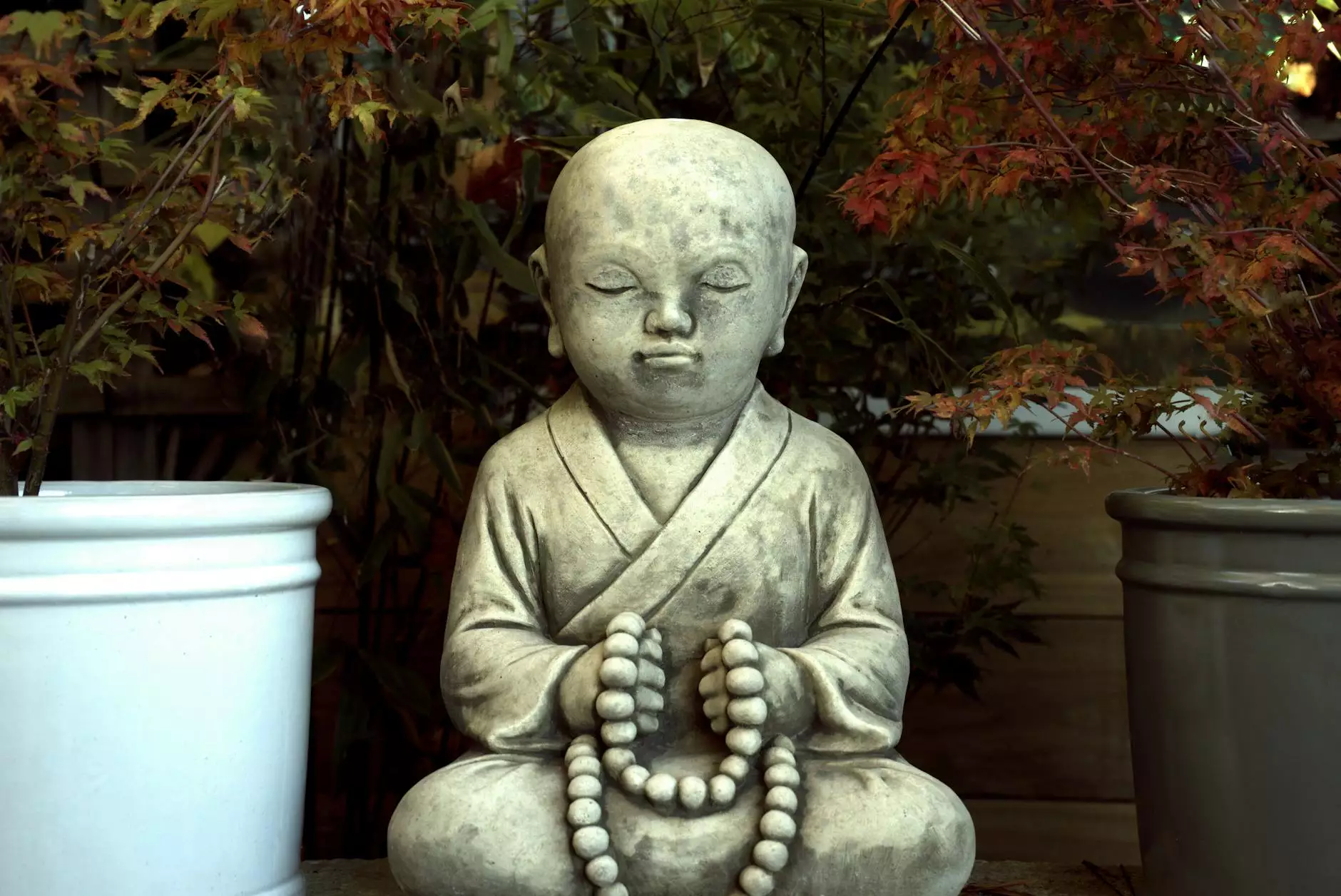The Cultural Significance of Going to Black Church

Going to black church is not just an event; it is a profound cultural experience steeped in rich history, spirituality, and community. This article aims to unravel the layers of meaning and significance that attending predominantly Black churches holds within the African American community. We will explore the various facets that make this tradition unique and essential for millions of individuals and families across the United States.
A Historical Perspective
The roots of the Black church trace back to the time of slavery in America, where African Americans sought solace and hope in faith. Churches became a refuge from the struggles against systemic oppression and a pivotal point for social organization and civil rights movements. The early formation of Black churches was not merely about worship – it was about creating a community that fostered resilience and empowerment.
- Freedom and Resistance: Many early Black churches were involved in the fight for abolition and civil rights. They served as meeting places for freedom seekers and leaders.
- Cultural Expression: The unique worship styles, including gospel music and spirituals, were creative expressions of faith and identity.
- Education and Empowerment: Black churches played a crucial role in educating communities through literacy programs and political activism.
The Role of Spirituality in the Black Church
Spirituality in Black churches is vibrant and alive, marked by emotions, music, and community engagement. Worshippers often engage in joyous singing, passionate preaching, and heartfelt prayers, creating an atmosphere that is both uplifting and transformative.
Gospel Music: The Heartbeat of Worship
At the center of the black church experience is gospel music, which serves not only as a form of worship but also as a cultural narrative. Gospel music incorporates elements from African rhythms, blues, and jazz, which meld together to create a sound that is distinctively rich and powerful.
- Emotional Connection: The lyrics often tell stories of struggle, hope, and redemption, striking a deep emotional chord with worshippers.
- Cultural Legacy: Major artists and genres have emerged from the church, influencing broader music scenes globally.
- Gathering Place: Gospel music cultivates a sense of community, bringing people together through shared experiences and expressions of faith.
Preaching: A Call to Action
The sermons delivered in Black churches often transcorthe simple relay of religious texts. They are woven together with the themes of social justice, empowerment, and community support. Pastors often use their platforms to address contemporary issues such as poverty, education, racism, and politics.
This unique approach to preaching reinforces the idea that spirituality is intertwined with daily life and social activism, encouraging congregants to live their faith outwardly.
The Community-Centric Nature of Black Churches
Going to black church is frequently not just a personal spiritual journey; it's a communal experience. These churches are landmarks within their communities, often participating in various outreach programs and initiatives.
Community Service and Engagement
Many Black churches take an active role in community service, offering programs that cater to the needs of local residents. Examples include:
- Youth Mentorship Programs: Equipping younger generations with skills and knowledge to help them navigate life’s challenges.
- Food Pantries: Addressing food insecurity by providing essential resources to those in need.
- Health Initiatives: Organizing health fairs and screenings that promote wellness and healthy living among congregants.
Networking and Support Systems
Going to black church fosters a strong network of support. Congregants often find kinship and camaraderie that transcends regular social interactions.
- Emotional Support: Churches provide a space for individuals to share their struggles and triumphs, receiving collective upliftment.
- Resource Sharing: From employment opportunities to housing assistance, churches frequently act as conduits of support within the community.
- Safe Spaces: They often serve as safe havens where individuals can express themselves without judgment.
The Intergenerational Aspect of Black Churches
One of the fascinating aspects of going to Black church is its ability to transcend generations. Children grow up in the church, absorbing values, traditions, and cultural history from their elders.
Rituals and Traditions
Families often share spiritual rituals, such as baptism, confirmation, and communion, which create lasting bonds across generations. These experiences foster a sense of belonging and identity that is pivotal for the African American community.
Historical Narratives Passed Down
Through sermons, hymns, and church activities, stories of resilience, courage, and community struggles are passed down, creating a tapestry of shared identity that encourages pride and unity.
Modern Challenges in the Black Church Community
While there is much to celebrate about the Black church experience, it is also crucial to recognize the challenges faced in contemporary society.
Declining Membership
Many Black churches have seen a decline in membership due to various factors, including changing societal attitudes towards religion and generational shifts in spirituality. Addressing these challenges requires innovation and adaptation to meet the needs of the younger generations.
Community Division
In some instances, social issues and internal conflicts can create divides within congregations. It is vital for church leadership to promote unity and collective action to strengthen community ties.
Conclusion: The Future of the Black Church
Going to black church embodies a rich history and a forward-thinking legacy. As the world evolves, the role of Black churches will also need to adapt while holding firm to their core values of faith, community, and social justice.
As we look to the future, one thing remains clear: the spiritual and cultural significance of the Black church will continue to vibrate within the heart of African American life, promoting hope and resilience for generations to come.
In a world that often feels divided, the Black church stands as a beacon of community, support, and unwavering faith, reaffirming its essential place within both African American culture and the broader society.









